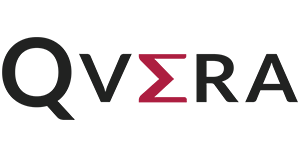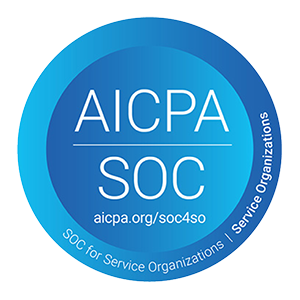IHE NA Connectathon Breakthrough for Healthcare IT
IHE Connectathons provide participants (and their clients) the ability to use the IHE Profiles to exchange Healthcare information with many different vendors in a collaborative environment.
“These great opportunities to work together with other Healthcare IT vendors in a collaborative environment, engineer-to-engineer,” said Qvera’s CTO Ron Shapiro. “Face-to-face meetings have a way of facilitating problem solving in an incredibly efficient manner. We’ve solved problems in minutes instead of months outside the Connectathon events.”
Ron and his engineering team continue to help set standards for Healthcare IT interoperability, because Qvera considers IHE Connectathons to be an integral part of Qvera’s product development process. The most recent Connectathon provided a big breakthrough for Qvera and their IT interoperability clients.
In his own words:
“Every Connectathon event seems to stretch and expand the Healthcare IT knowledge for each of the Qvera engineers who participate. Now don’t get me wrong, in order to stretch and grow, that means you have to be pushed to the limit and be fully in the moment during the Connectathon week.
Sometimes problems pile up on you and the stress level begins to rise, but with this stress can come some big breakthroughs or big wins. Such was the case this past Connectathon event for Qvera.”
Case in Point: Challenge at The Oregon Clinic
Qvera has been working with The Oregon Clinic in Portland to enable interoperability between the clinic and the top hospitals in the Portland area. The Oregon Clinic runs on the GE Centricity software platform and uses the Qvera Interface Engine to facilitate interoperability with other healthcare IT systems. In this case, the area hospitals all run on the Epic software platform.
When a patient arrives at The Oregon Clinic specialty office, providers are able to electronically retrieve the patient chart information – including discharge documents and other reports from the local hospital – and know they’re seeing the patient’s most up-to-date chart information.
When Qvera set up The Oregon Clinic’s system using the IHE XCA Profile, a problem was encountered attempting to implement the Asynchronous response option. This option allows the system to issue multiple simultaneous requests in parallel and significantly reduces the total time it takes to retrieve multiple documents at once.
When the first hospital system, Legacy, was brought online, implementing the Asynchronous option was not a problem, but when the second hospital system, Providence, was brought online, it was.
Since the Asynchronous response option did not work, each query for patient chart information had to be made synchronously to each hospital system, one after the other, instead of simultaneously. Each query takes a few seconds (or longer) to be returned.
Not being able to use the Asynchronous option was very inconvenient for the providers at The Oregon Clinic.
Fast Forward: January’s IHE NA Connectathon
At the Connectathon event, a Qvera engineer initiated an Asynchronous XCA query to the Epic system and promptly encountered the same error that had dogged The Oregon Clinic.
This time however, by working closely together, the Qvera and Epic engineers were able to identify the root cause of the error. Within a short period of time they had identified a work around that could be immediately employed, on the spot! And, the root cause will be corrected in a future release of the Epic software platform. Both teams and their clients won.
After months of not being able to work out the Asynchronous requests at The Oregon Clinic, a couple of hours at the IHE NA Connectathon event was all it took to get to the bottom of the problem and solve it!
Win Win Win
This will be a huge win for the providers at The Oregon Clinic in that they will be able to gain access to the patient chart information from the hospital systems in much less time. And adding a third hospital into the mix soon will be smoother since Asynchronous queries will be able to be leveraged, cutting time and increasing patient and provider satisfaction.
“Finding the solution to the Asynchronous XCA query problem for our customer The Oregon Clinic was a very nice bonus to our Connectathon participation this year,” continued Ron. “We look forward to many more success stories as we continue to attend and participate in future IHE Connectathon events!”




